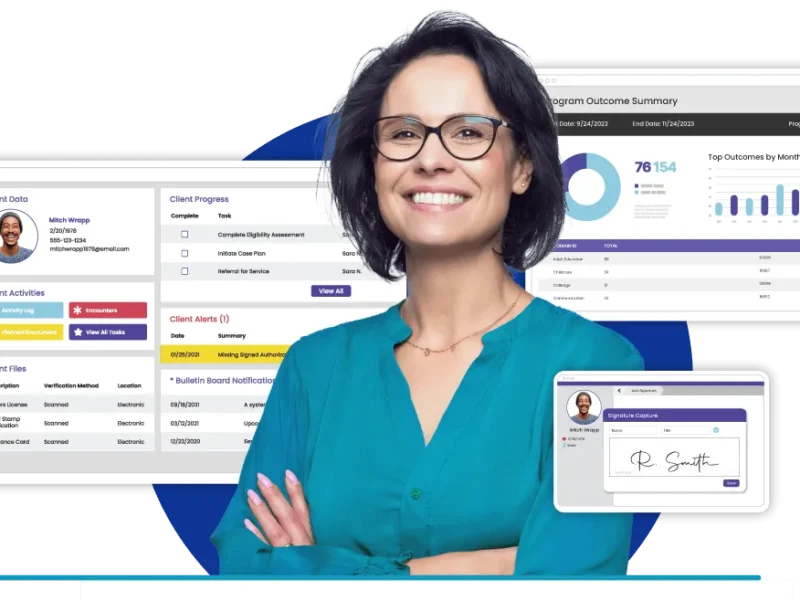Conducting interviews is a crucial part of many dissertation projects, especially when qualitative data is required. This is particularly true in medicine dissertation writing, where detailed patient experiences, expert opinions, or clinical insights are vital. Interviews can provide rich, detailed information that surveys or secondary data might miss. However, many students find the process intimidating or confusing, which is why understanding how to conduct effective interviews for your dissertation writing is essential. This guide will walk you through the best practices, tips from experts, and how professional help services can assist you in mastering this skill.
Why Interviews Matter in Dissertation Writing
Interviews allow you to gather in-depth insights directly from participants, which is invaluable for qualitative research. Unlike other methods, interviews can explore complex issues, capture emotions, and clarify points that might be misunderstood otherwise. The key to successful data collection is knowing how to conduct effective interviews for your dissertation writing with confidence and clarity.
Preparing for Your Dissertation Interviews
Before you even begin contacting participants, preparation is critical. Here’s how to set yourself up for success:
Choose the Right Interview Type
- Structured Interviews: These use predetermined questions and are easy to analyze but may limit depth.
- Semi-Structured Interviews: These allow flexibility, where you have a guide but can explore topics further.
- Unstructured Interviews: These are conversational and allow participants to express themselves freely.
Selecting the best interview type depends on your research goals and the level of detail you need.
Develop a Clear Interview Guide
Create a list of open-ended questions aligned with your dissertation objectives. This guide should be tested and refined to ensure clarity. Experts recommend keeping questions neutral and avoiding leading questions to gather unbiased data.
Ethical Considerations
Ensure you have consent from your participants and explain confidentiality measures. This step is vital for maintaining trust and complying with institutional ethical guidelines.
Conducting the Interview: Tips from the Experts
Once prepared, the real challenge is conducting the interview effectively. Below are professional tips to help you get the most out of each session:
Build Rapport with Participants
Start with small talk to ease nerves and create a comfortable atmosphere. A relaxed participant is more likely to provide honest and detailed responses.
Listen Actively
Good interviewers listen more than they speak. Use verbal nods and follow-up questions to encourage deeper explanations.
Manage Time Effectively
Respect your participant’s time by keeping interviews within the agreed timeframe. Professional researchers suggest allotting 30-60 minutes depending on the complexity of your questions.
Record and Take Notes
Always record interviews (with permission) for accuracy. Note-taking can be secondary but helpful for capturing non-verbal cues or immediate thoughts.
How to Analyze Interview Data for Your Dissertation
After collecting your interviews, the next step is analyzing the data effectively.
Transcribe Your Interviews
Transcribing your recorded interviews word-for-word is labor-intensive but essential. Many online services offer professional transcription that can save time.
Coding and Thematic Analysis
Use coding to categorize data and identify recurring themes. This step is key to interpreting your qualitative data clearly.
Use Software Tools
There are several top software tools like NVivo or Atlas.ti designed for qualitative analysis. These can help streamline your coding process and organize data efficiently.
Common Challenges and How to Overcome Them
Difficulty Recruiting Participants
If you struggle to find interviewees, consider reaching out to professional networks, online forums, or using social media platforms. Many dissertation help services also offer advice on participant recruitment.
Nervousness or Bias
Both interviewer and interviewee may feel nervous, which can affect data quality. Practicing your interview skills with peers or seeking expert coaching online can boost confidence.
Handling Sensitive Topics
Some topics might be uncomfortable to discuss. Prepare by phrasing questions sensitively and ensuring a safe environment. Offering anonymity is another important step.
Why Use Professional Interview Help Services?
If you’re new to dissertation interviews or need additional support, many online professionals and experts provide specialized services. Here’s why this might be your best option:
- Expert Guidance: Top dissertation coaches offer personalized advice on framing questions and conducting interviews.
- Quality Assurance: Professionals can review your interview guides or even conduct mock interviews with you.
- Time Management: Outsourcing transcription or recruitment helps you focus on analysis and writing.
- Access to Resources: Best services provide access to interview templates, software tutorials, and ethical guidelines.
Using a professional service doesn’t mean you’re cutting corners — it means you’re investing in the best outcome for your dissertation.
Tips for Conducting Online Interviews for Your Dissertation
In today’s digital age, many interviews happen online. Here’s how to adapt:
Choose the Right Platform
Zoom, Microsoft Teams, or Skype are popular and reliable. Test your connection beforehand.
Prepare for Technical Issues
Have a backup plan in case of connectivity problems and ensure your recording software works.
Maintain Engagement
It’s harder to read body language online, so be extra attentive to tone and pauses. Encourage participants to speak openly.
Final Thoughts: Mastering How to Conduct Effective Interviews for Your Dissertation Writing
Mastering how to conduct effective interviews for your dissertation writing can set your research apart and deepen your understanding of your topic. Preparation, ethical conduct, skilled communication, and proper analysis are the pillars of successful interview research.
Whether you choose to do it yourself or seek help from online experts and services, remember that interviews are a powerful tool when done right. Use the tips shared here to approach your interviews with confidence and professionalism, ensuring your dissertation data is rich, reliable, and insightful.


